Meet the people involved in the Balanced Supply of Housing Research Cluster.
Members
-

Dr. Martine August is an Assistant Professor in the School of Planning at the University of Waterloo. Her research focuses on the political economy of housing and the pursuit of urban social justice, exploring themes related to gentrification, displacement, community organizing, public housing redevelopment, and the politics of social mix. She is an alumnus of the University of Winnipeg and the University of Toronto, holding degrees in Physics (BSc), Urban Studies (BA), and Urban Planning (M.Sc.Pl., PhD).

Joshua Barndt
Parkdale Neighbourhood Land Trust
Experienced community developer with a history in Nonprofit Organization Management, Affordable Housing and Community Land Trust (CLT) development. Skilled in Community Planning, Strategic Planning, Affordable Housing and Policy Analysis. MS. Critical Urbanism: Design and Urban Ecologies, The New School (NYC).

Dr. Bunce's research centres on the role of sustainability in the context of spatial planning, development, and redevelopment practices in urban communities and neighbourhoods. Her research examines the actors, interests and motives in the adoption of sustainability principles and practices within urban communities and neighbourhoods and explores socio-environmental discourses, sustainability planning, and strategies for socio-environmental justice and change.

Cheryll Case
CP Planning
Cheryll specializes in a human rights approach to urban planning. Her methods drive collaborative processes that mend relationships between various stakeholders within the community, non-profit, private, and public sectors. She is dedicated to working with diverse populations and ensuring that their experiences are responded through program design. She is the founder of CP Planning, a non-profit planning firm that applies artistic and creative methods to build bridges between stakeholders and communicate public interests as it relates to city-building.
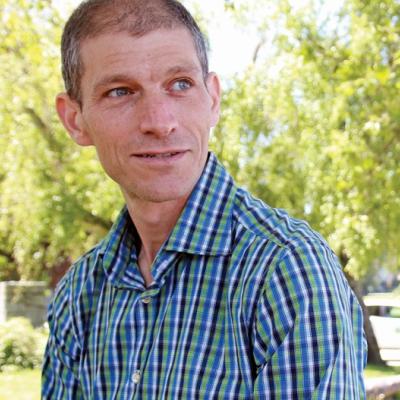
Tom Davidoff is an associate professor in the Real Estate and Strategy and Business Ecomics groups at the Sauder School of Business, UBC. Prior to joining UBC, Davidoff obtained degrees from Harvard, Princeton, and MIT, and worked in real estate development in Brooklyn and as an assistant professor at UC Berkeley. While at UBC, Davidoff has advised the White House on housing and mortgage policy, and worked with two startup real estate intelligence companies.

Professor Flynn’s teaching and research focuses on municipal law and governance, administrative law, property law, and experiential education. Her previous project, “The Landscape of Local in Toronto’s Governance Model,” looked at the overlapping geographies and governance of city space, including the formal and informal bodies that represent residents. The project, which resulted in several peer-reviewed paper and public reports, conceptualized how cities are understood in law and how they govern.

Dr. Penny Gurstein is a Professor Emeritus and former Director of the School of Community and Regional Planning. She is currently the Co-Director of the Housing Research Collaborative. She specializes in the socio-cultural aspects of community planning with particular emphasis on those who are the most marginalized in planning processes. Her current research is investigating strategies for affordable housing both in Canada and internationally.

Lu Han is Professor of Economic Analysis and Policy and the Premier’s Research Chair in Productivity and Competitiveness at Rotman. She is a Chief Scientist at the Behavioral Economics in Action (BEAR), a Research Fellow at the Centre for Real Estate and Urban Economics and a Weimer Fellow at the Homer Hoyt Institute. She currently serves on the Board of the American Real Estate and Urban Economics Association, and the Editorial Boards for Journal of Urban Economics, Real Estate Economics, Journal of Housing Economics, and Regional Science and Urban Economics

Julia Harten is an Assistant Professor in the School of Community and Regional Planning. In her work, she leverages innovative data strategies for the study of housing and socio-spatial inequality, focusing on the housing strategies of marginalized people and the role of cities and housing for social mobility.
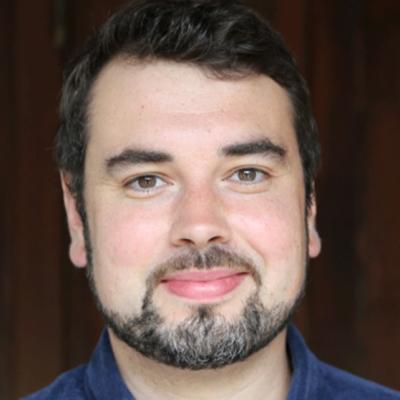
Zachary is an urban geographer and sociologist who studies city governance, housing and development. Across his research projects, he looks at how the dynamics of capitalism play out on the ground through political struggles over the built environment, the meanings and ideas of social actors, and the histories and institutions of cities. He is currently working on a SSHRC funded project on the return of purpose built rental housing in Canadian cities.
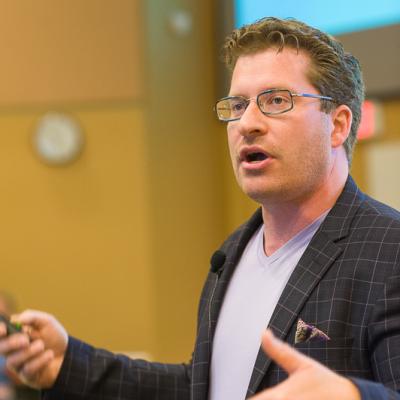
Dr. Paul Kershaw is a tenured University of BC professor, public speaker, regular media contributor and Founder of Generation Squeeze – a voice for younger Canadians in politics and the market supported by cutting-edge research.
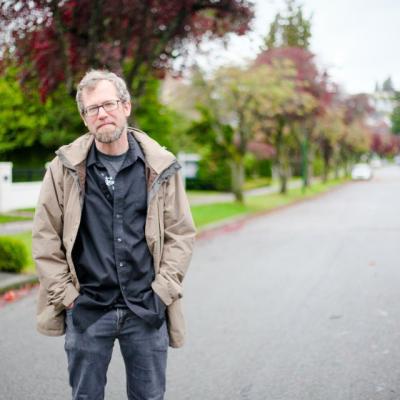
Sociologist and sometime demographer who primarily studies housing, home, households, and cities. Award-winning author of The Death and Life of the Single Family House: Lessons from Vancouver on Building a Livable City. Principle Investigator (with Jens von Bergmann) of the CMHC-funded Metro Vancouver Zoning Project. Also runs the blog Home: Free Sociology.

Nemoy Lewis is an assistant professor in the School of Urban and Regional Planning. He received his PhD in human geography from Queen’s University in Kingston, Ontario. Lewis earned both his undergraduate and master’s degrees in geography at the University of Toronto. For his doctoral research, Lewis analyzed the ongoing foreclosure crisis in the United States and its effects on Black people and low-income communities in Chicago, Illinois and in Jacksonville, Florida.

Dr. Luka's interests in both research and professional practice encompass major themes that are familiar to most architects, landscape architects, planners, and geographers: housing, infrastructure, public space, cultural landscapes, urban design, and deliberative democracy. He typically does work that is inductive in a ‘constructivist’ orientation; while not an historian, he is especially intrigued by narrative, representations, text, and discourse as they apply to the work of architecture, urban design, and urban planning.

Julie Mah is an Assistant Professor at the University of Toronto Scarborough in the Department of Human Geography – City Studies Program.

Adam Mongrain
McGill University
Adam Mongrain is Director - Housing policy at Vivre en Ville. Vivre en Ville's research and advocacy focuses on sustainable and livable communities. Over the past years, Adam and his team have documented barriers to housing affordability in densely built environments, and ways to reframe the problem in cultural and political rather than urbanistic terms. Vivre en Ville also manages a pilot project for national rental registries.
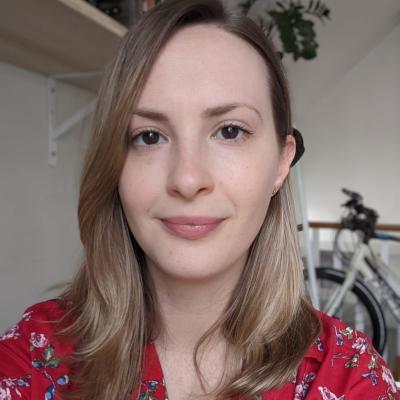
Erika Sagert is the Policy Manager at the BC Non-Profit Housing Association and has been with the organization for 7 years. During her time with BCNPHA, Erika has contributed to and led many of BCNPHA’s key research and advocacy initiatives, including designing the dashboards and leading media for the Canadian Rental Housing Index, building the evidence base for multiple provincial and municipal advocacy campaigns, and leading the Build Homes Not Barriers program.

Chiyi (she/her) is an urban planner and anti-displacement organizer practicing in Tkaronto's Kensington-Chinatown neighbourhood. Chiyi is the managing lead of the recently established Toronto Chinatown Land Trust. Her goal is to reciprocate knowledge and wealth into community ownership.
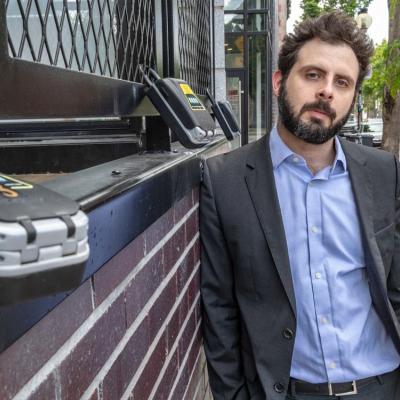
David Wachsmuth is the Canada Research Chair in Urban Governance at McGill University, where he is also an Assistant Professor in the School of Urban Planning and an Associate Member in the Department of Geography. He directs UPGo, the Urban Politics and Governance research group at McGill, where he leads a team of researchers investigating pressing urban governance problems related to economic development, environmental sustainability, and housing markets.
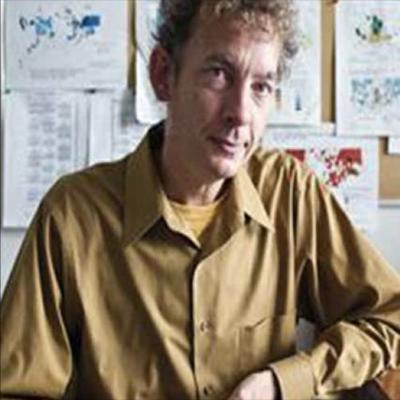
Alan Walks’ research is concerned with understanding the causes and consequences of urban social and political inequality in the cities of the developed world, particularly those in Canada. He is the author of a number of scholarly articles and book chapters, and has examined the implications of predominant patterns of suburban growth for the trajectory of urban policy and national politics, as well as effects of changing urban policy on gentrification and concentration of poverty, among other things.
Main menu
